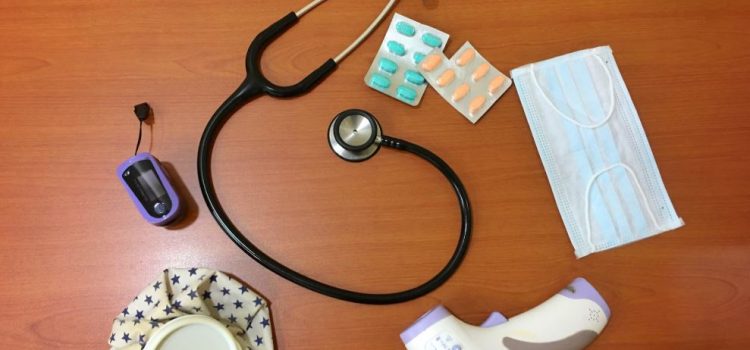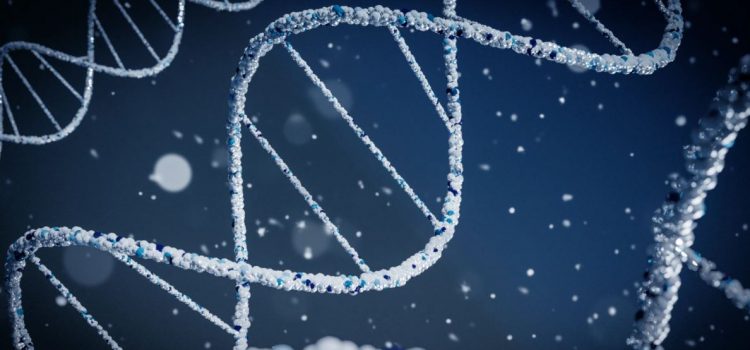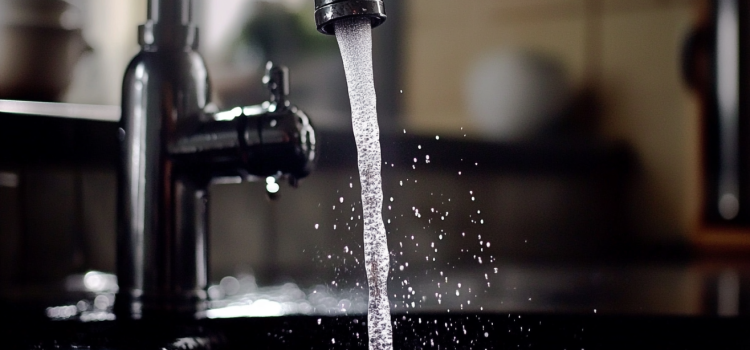Is remote work a new phenomenon? Is it less valuable than in-office work? Ever since the COVID-19 pandemic, remote work has grown rapidly. However, it’s not a new concept. Working from home has been around for much of human history. Keep reading to look at the history of remote work, how it’s changed, and why it’s still valuable.
The History of Remote Work & Why It’s Still Valuable Today










